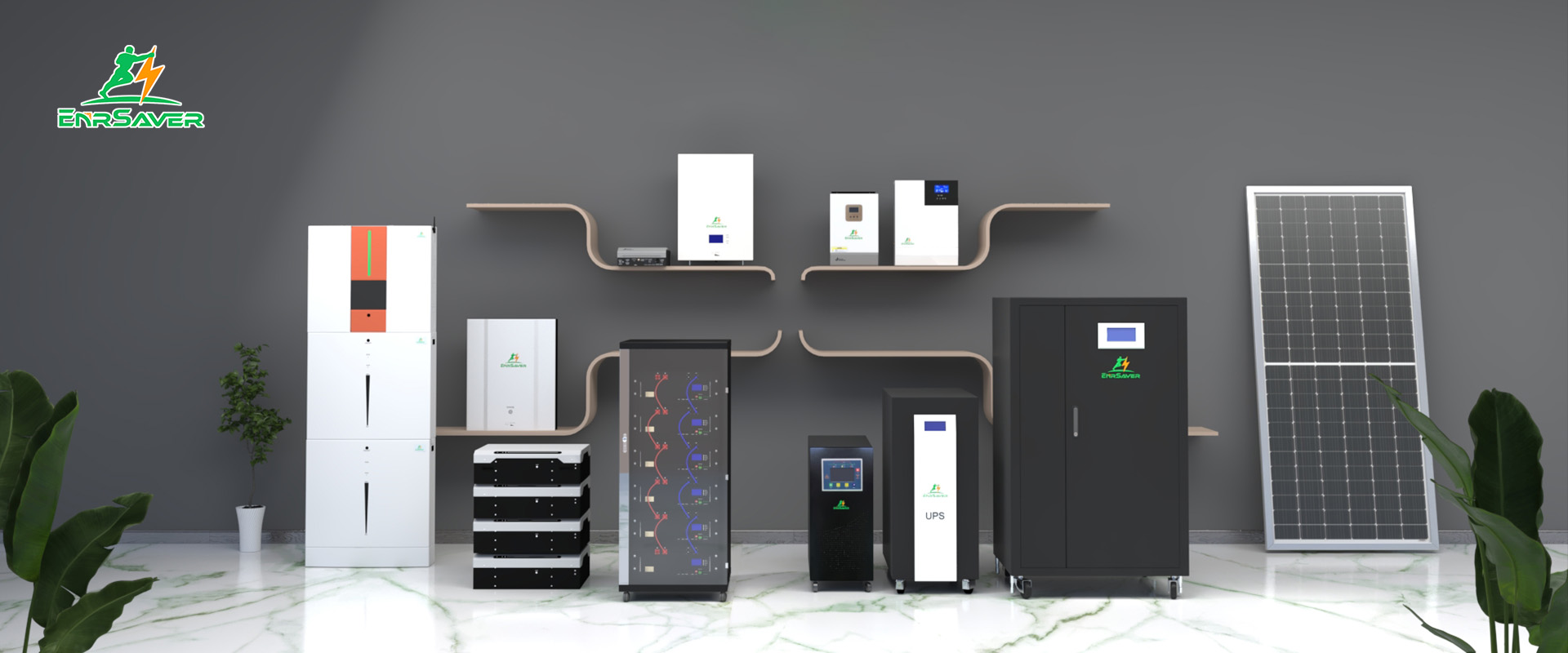What is a lithium battery
What is a lithium battery
A lithium battery, also known as a lithium-ion battery (Li-ion), is a type of rechargeable battery that uses lithium ions to store and release electrical energy. It has become one of the most popular types of batteries due to its high energy density, lightweight design, and long cycle life.
Here are some key characteristics and components of a lithium battery:
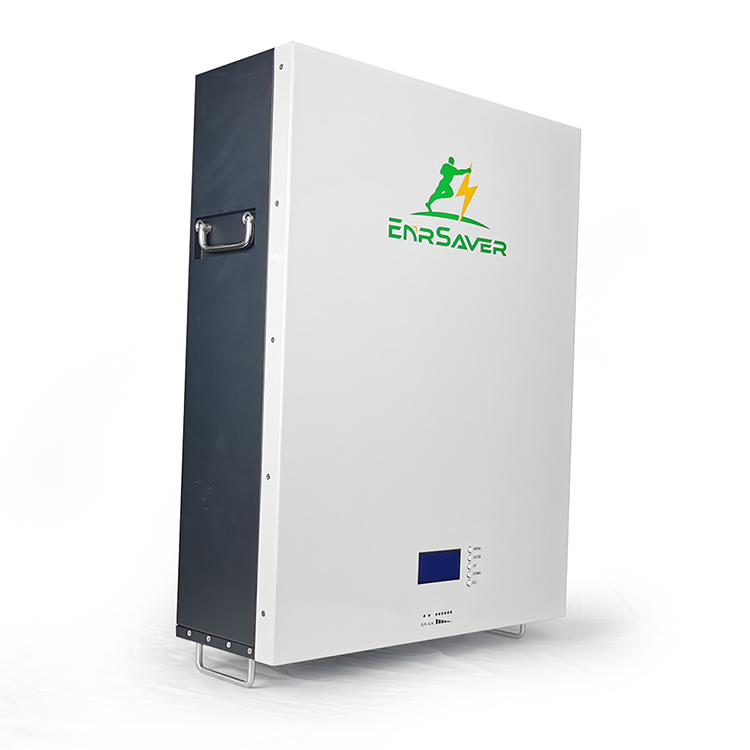 | 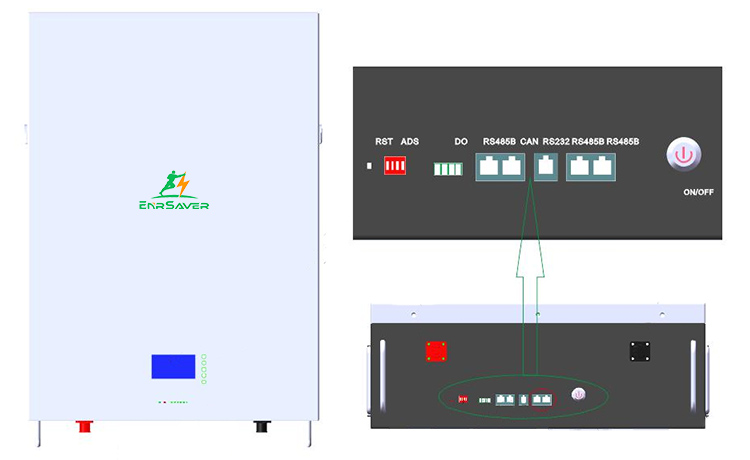 |
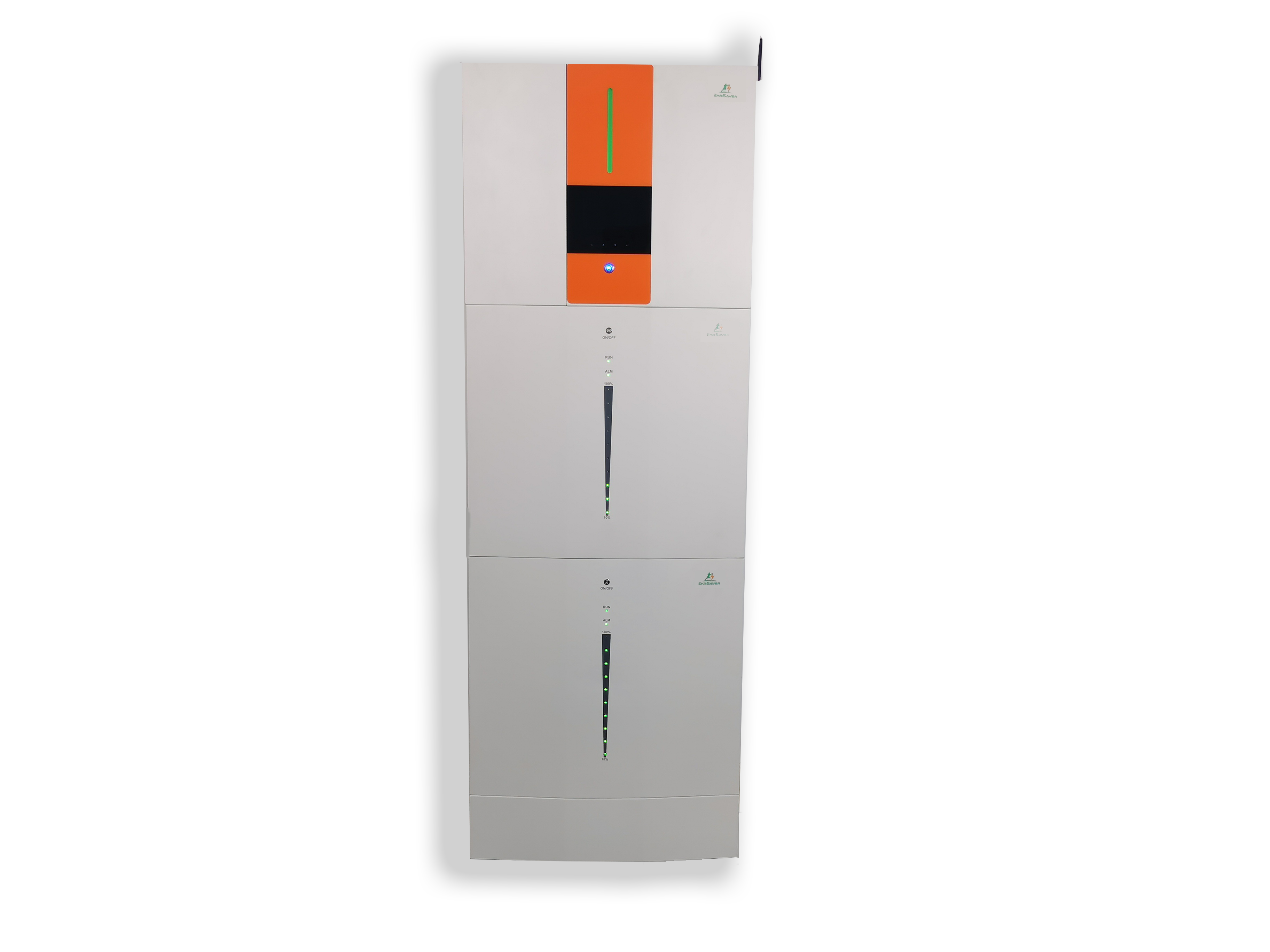 |  |
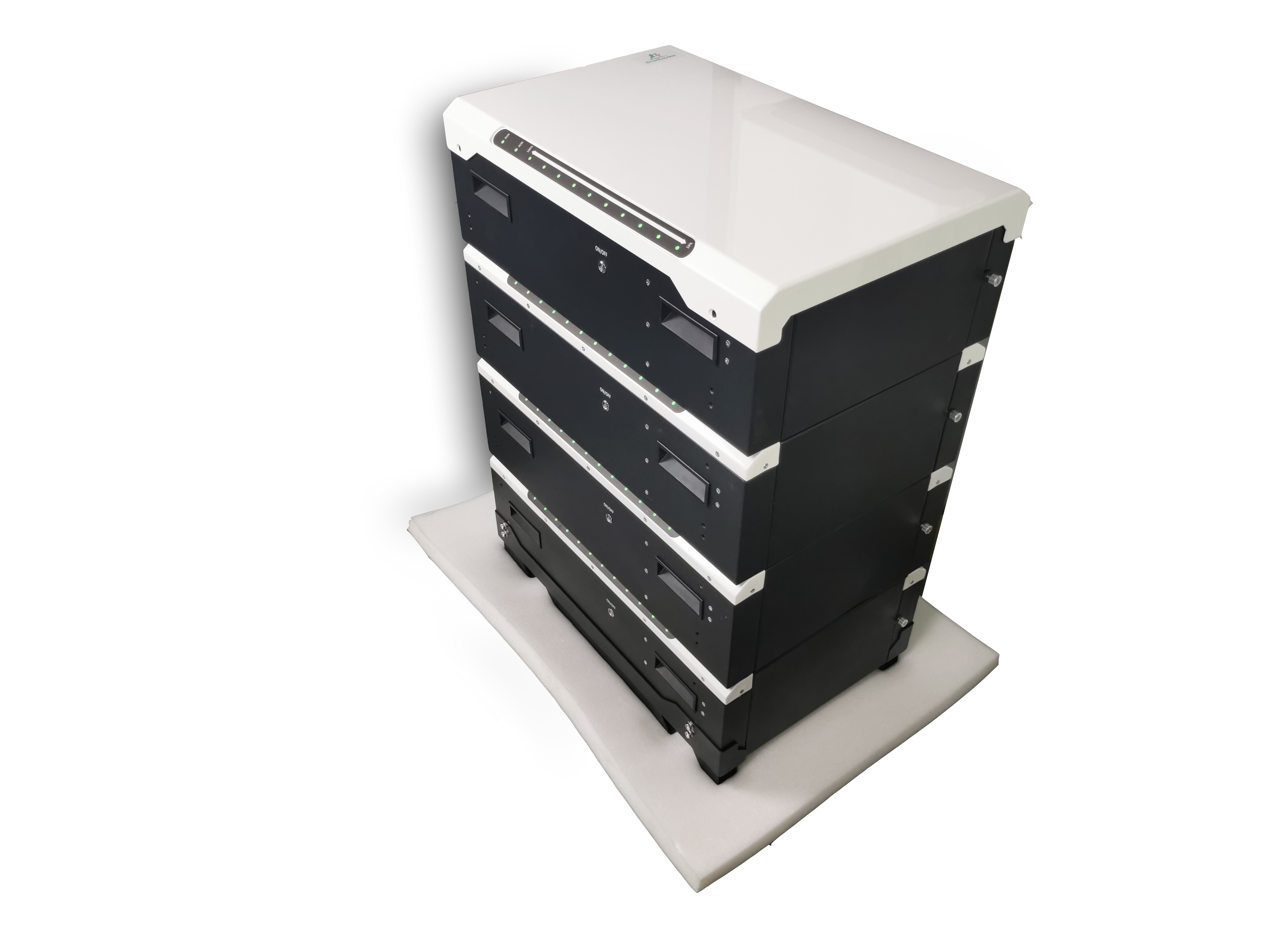 | 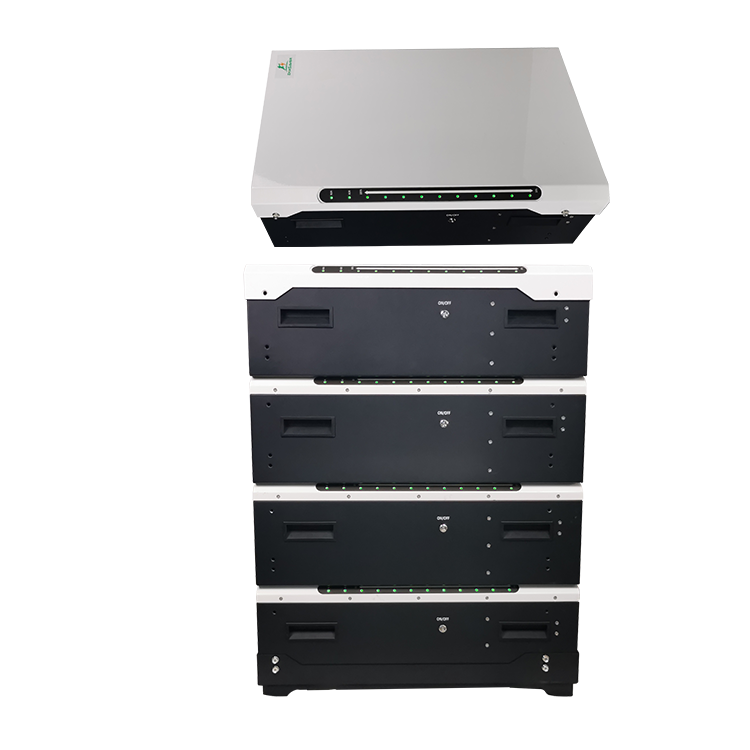 |
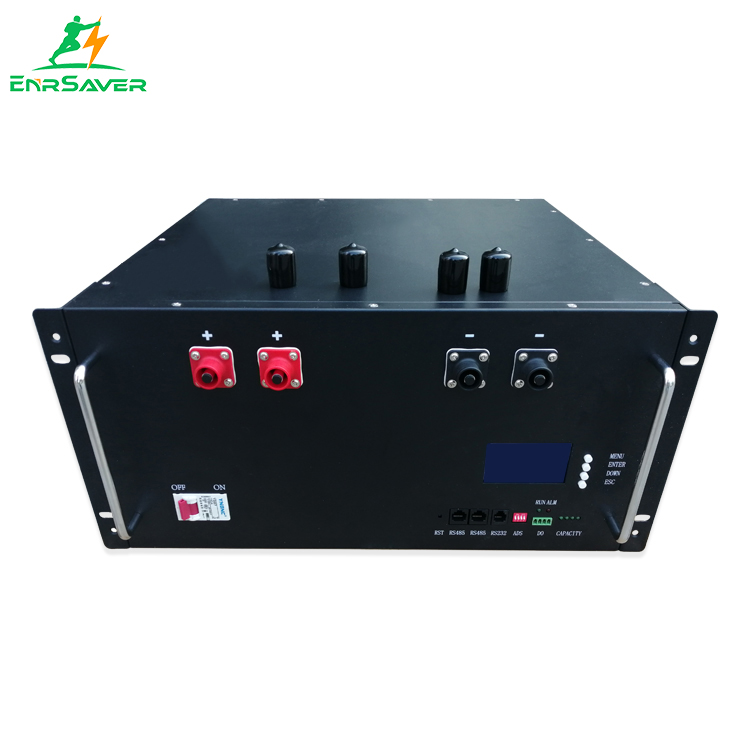 | 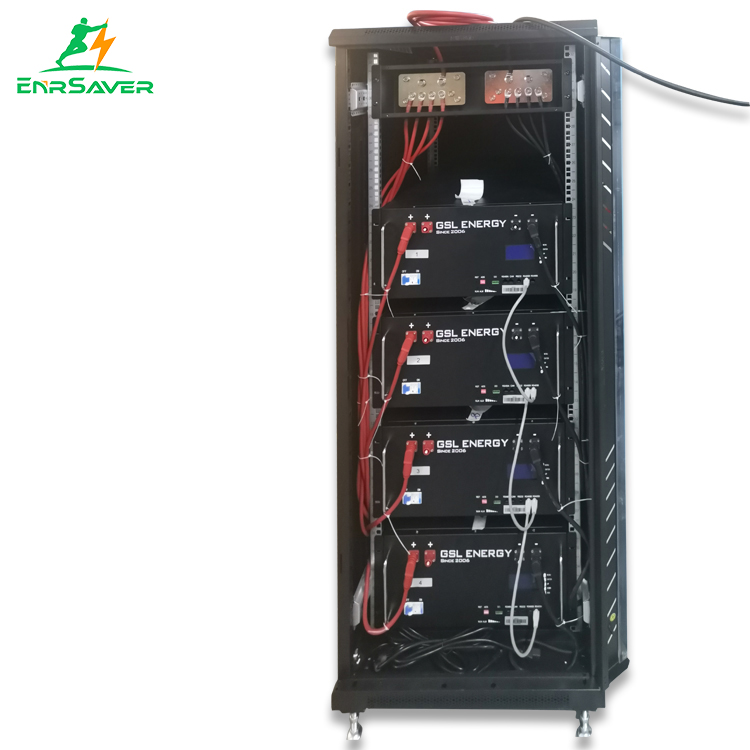 |
1. Lithium compounds:
Lithium batteries typically use lithium compounds, such as lithium cobalt oxide (LiCoO2), lithium iron phosphate (LiFePO4), or lithium manganese oxide (LiMn2O4), as the positive electrode material.
2. Graphite anode:
The negative electrode, or anode, of a lithium battery consists of graphite, which acts as the host material for lithium ions during charging and discharging.
3. Electrolyte:
An organic electrolyte solution facilitates the movement of lithium ions between the positive and negative electrodes during charge and discharge cycles. The electrolyte is usually a combination of lithium salts dissolved in a non-aqueous solvent.
4. Separator:
A thin separator made of a porous material keeps the positive and negative electrodes physically apart while allowing the flow of lithium ions.
5. High energy density:
One of the significant advantages of lithium batteries is their high energy density, meaning they can store a large amount of energy in a relatively small and lightweight package.
6. Rechargeability:
Lithium batteries are rechargeable, meaning they can be charged and discharged multiple times before needing replacement. This makes them suitable for various applications, including consumer electronics, electric vehicles, renewable energy storage systems, and more.
7. Long cycle life:
Compared to other rechargeable battery chemistries, lithium batteries generally have a longer cycle life, meaning they can endure a higher number of charge and discharge cycles before their capacity significantly degrades.
8. Low self-discharge:
Lithium batteries have a lower self-discharge rate compared to other battery types, retaining their charge for longer periods when not in use.
9. Safety considerations:
While lithium batteries offer numerous benefits, they require careful handling and monitoring due to their inherent chemical reactivity. Overcharging, overheating, or physical damage can potentially lead to thermal runaway or combustion. Therefore, proper charging algorithms, protective circuitry, and safe handling practices are essential.
Due to their superior performance characteristics, lithium batteries have revolutionized the portable electronics industry and are increasingly being used in electric vehicles, renewable energy systems, aerospace applications, and more. Ongoing research and development aim to improve their energy density, safety features, and sustainability.
You can see why the most commonly ask question we get asked here. It's also the most complicated and personal question to answer.
Grab your electric bill, go to our calculator and find the answers for your home.
I hope this was helpful. If so, give us a like a share and check out more of our videos and subscribe to our channel and all the store.
So we can notify you and more videos are available. We've been making renewable doable since 1999.

